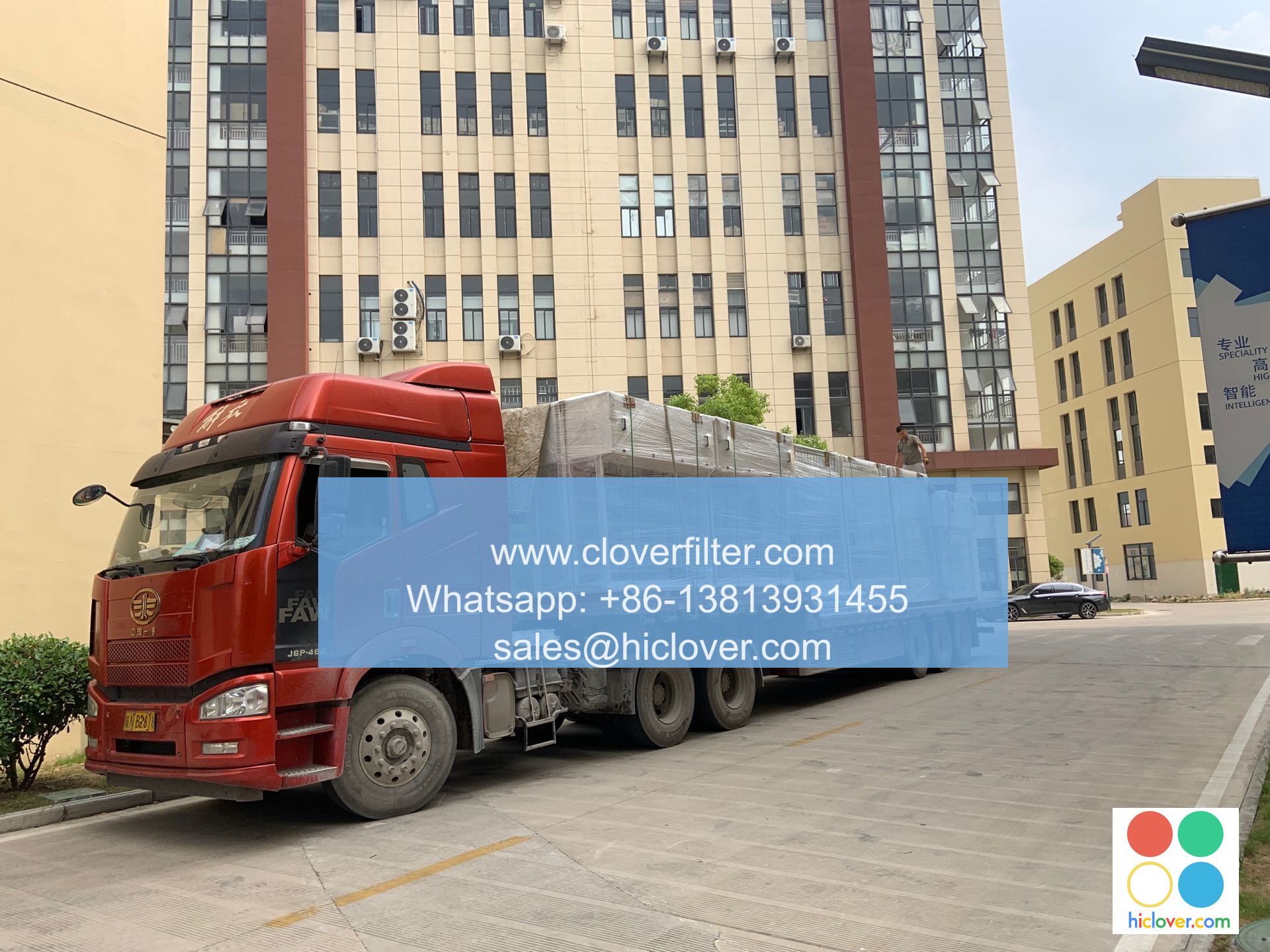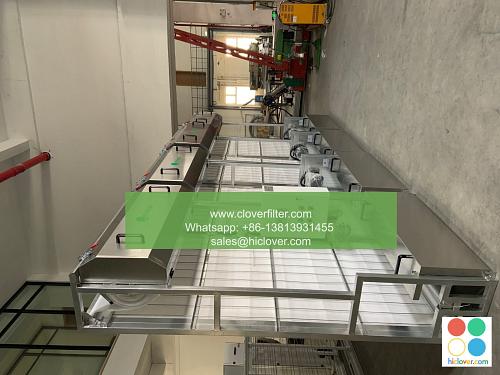Air Filters for Commercial Vehicles: A Guide to Clean Air in Trucks and Buses

Commercial vehicles, including trucks and buses, play a crucial role in the transportation industry, moving goods and people across the country. However, these vehicles can be prone to poor indoor air quality, which can negatively impact the health and productivity of drivers and passengers. One effective way to maintain clean air in commercial vehicles is by using high-quality air filters. In this article, we will delve into the world of air filters for commercial vehicles, exploring their importance, types, and applications.
Importance of Air Filters in Commercial Vehicles
Air filters are a vital component of a commercial vehicle’s HVAC (heating, ventilation, and air conditioning) system. They work by removing airborne contaminants, such as dust, pollen, and pollutants, from the air, ensuring that the air inside the vehicle is clean and fresh. This is particularly important for commercial vehicles, as drivers and passengers spend long hours inside the vehicle, exposed to the air. Poor indoor air quality can lead to a range of health issues, including respiratory problems, headaches, and fatigue. By using effective air filters, commercial vehicle operators can reduce the risk of these health issues, improving the overall well-being of drivers and passengers.
Types of Air Filters for Commercial Vehicles
There are several types of air filters available for commercial vehicles, each with its own unique characteristics and benefits. Some of the most common types of air filters include:
- Cabin air filters: These filters are designed to remove airborne contaminants from the air inside the vehicle, improving indoor air quality and reducing the risk of health issues.
- Engine air filters: These filters are designed to protect the engine from airborne contaminants, such as dust and dirt, which can damage the engine and reduce its performance.
- Combination filters: These filters combine the benefits of cabin and engine air filters, providing comprehensive protection for both the occupants and the engine.
- Trucking industry: Air filters are essential for trucks, as they help to maintain clean air and reduce the risk of health issues for drivers. They are also important for protecting the engine and other components from airborne contaminants.
- Public transportation: Air filters are critical for buses and other public transportation vehicles, as they help to maintain clean air and reduce the risk of health issues for passengers.
- Construction and mining: Air filters are used in construction and mining vehicles to protect occupants from airborne contaminants, such as dust and pollutants.
- Waste management: Air filters are used in waste management vehicles to protect occupants from airborne contaminants, such as odors and pollutants.
- Inspecting air filters regularly for signs of wear and tear
- Replacing air filters every 12,000 to 18,000 miles, or as recommended by the manufacturer
- Cleaning air filters regularly to remove dirt and debris
In addition to these types of air filters, there are also various technologies and materials used in their construction, such as activated carbon, HEPA (high efficiency particulate air), and electrostatic filters. These technologies and materials can enhance the performance and effectiveness of air filters, providing superior air quality and protection.
Applications of Air Filters in Commercial Vehicles
Air filters have a wide range of applications in commercial vehicles, including:
In each of these applications, air filters play a vital role in maintaining clean air and reducing the risk of health issues. By selecting the right type of air filter and maintaining it properly, commercial vehicle operators can ensure that their vehicles provide a healthy and comfortable environment for drivers and passengers.
Maintenance and Replacement of Air Filters
To ensure that air filters continue to perform effectively, it is essential to maintain and replace them regularly. The frequency of maintenance and replacement will depend on the type of air filter and the operating conditions of the vehicle. Some general guidelines for maintenance and replacement include:
By following these guidelines, commercial vehicle operators can ensure that their air filters continue to perform effectively, maintaining clean air and reducing the risk of health issues.
Conclusion
In conclusion, air filters are a crucial component of commercial vehicles, playing a vital role in maintaining clean air and reducing the risk of health issues. By selecting the right type of air filter and maintaining it properly, commercial vehicle operators can ensure that their vehicles provide a healthy and comfortable environment for drivers and passengers. With a range of applications in the trucking industry, public transportation, construction and mining, and waste management, air filters are an essential tool for maintaining clean air and improving the overall well-being of occupants. By understanding the importance of air filters and how to maintain and replace them, commercial vehicle operators can take a proactive approach to maintaining clean air and reducing the risk of health issues. You haven’t provided a question or topic for me to address. Please provide more context or information so I can give you a helpful and accurate response. What would you like to talk about or ask?


